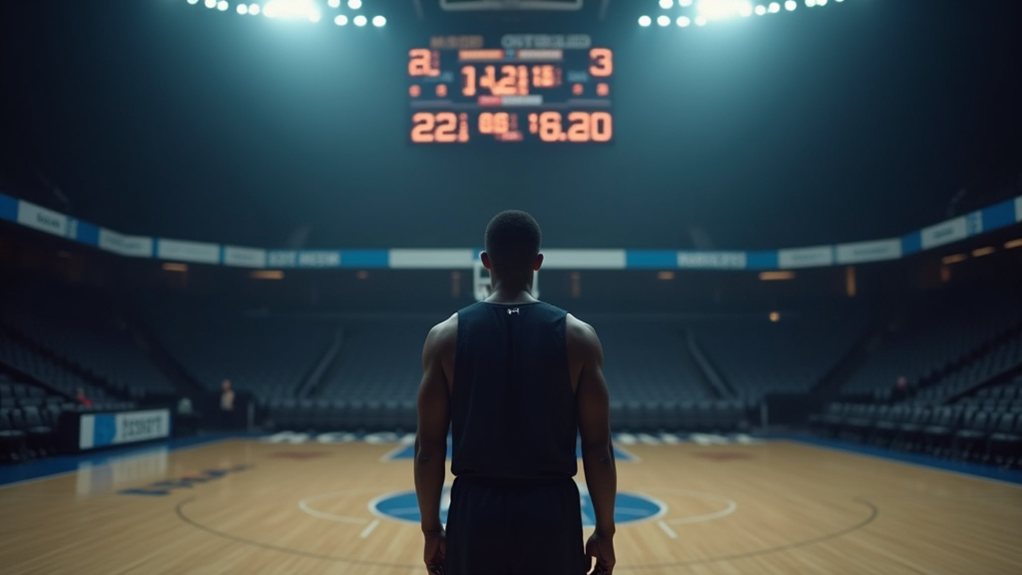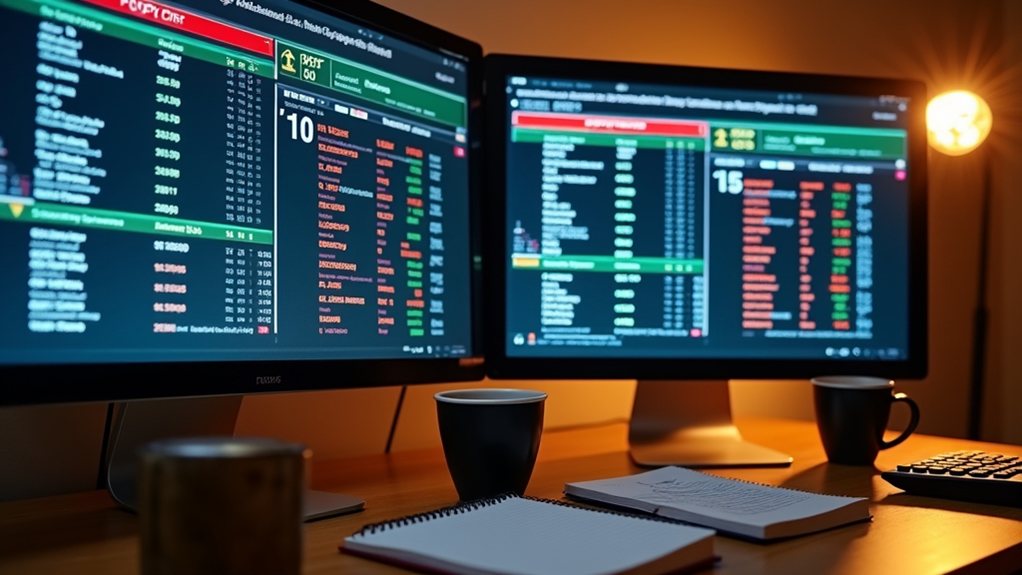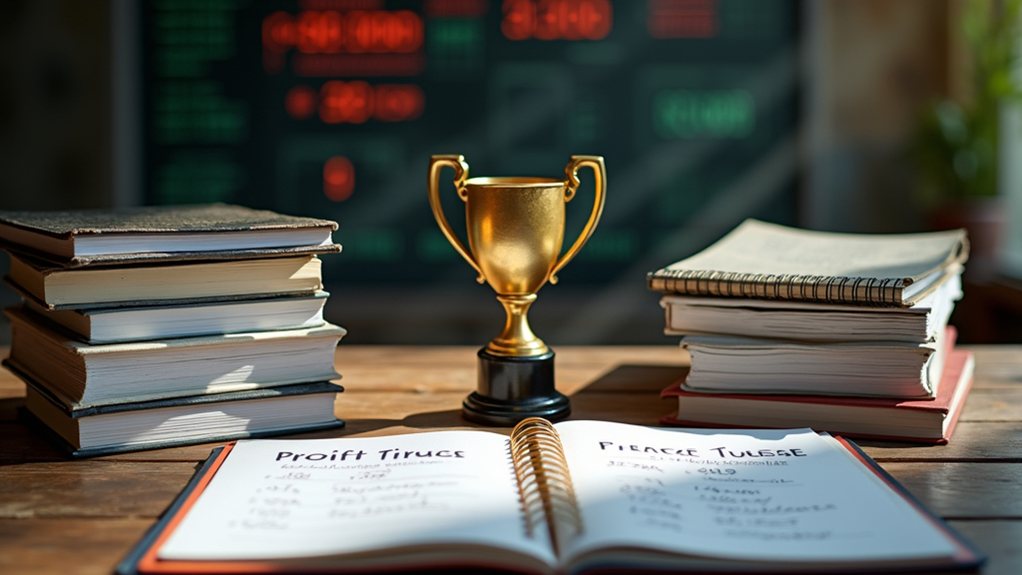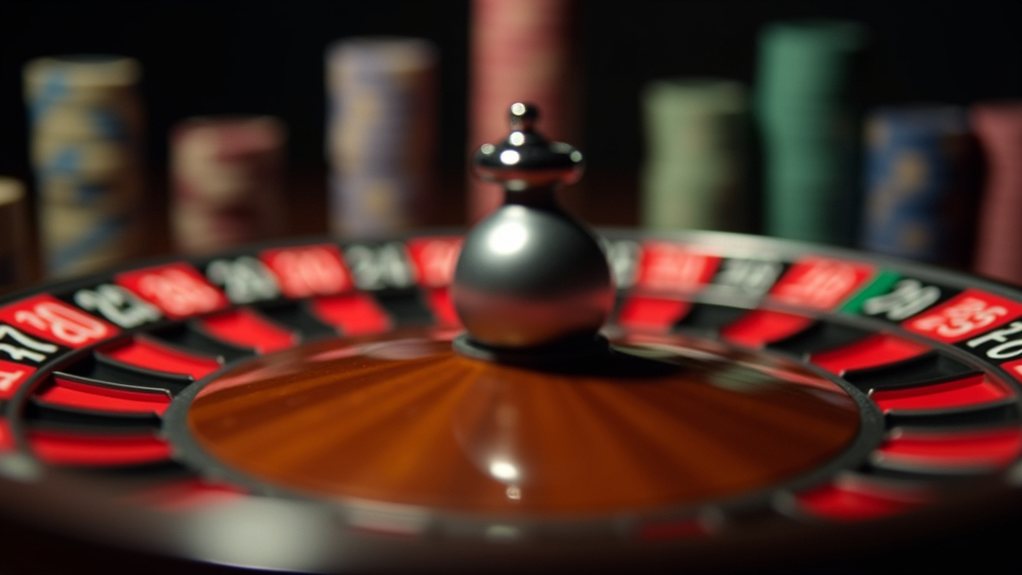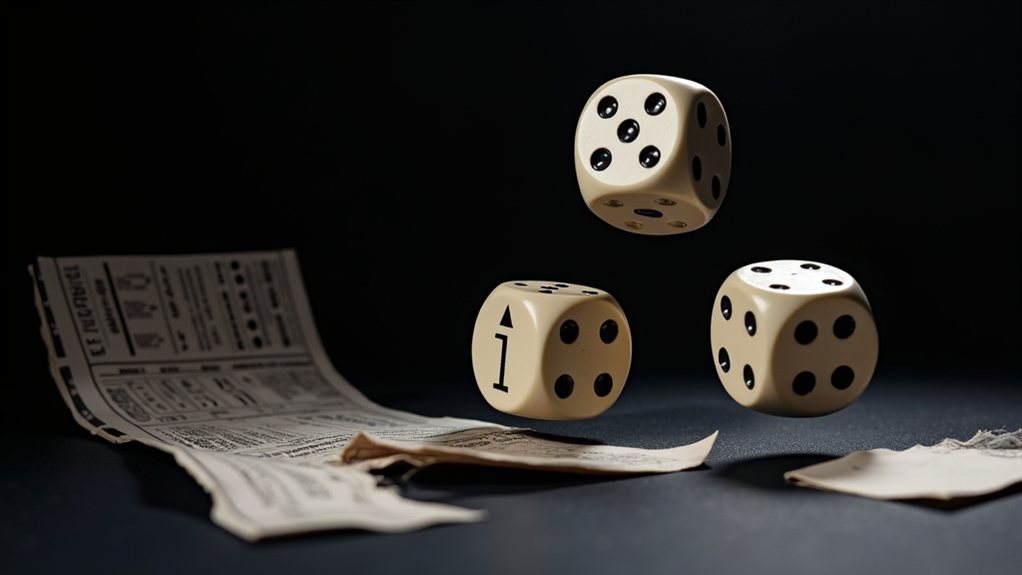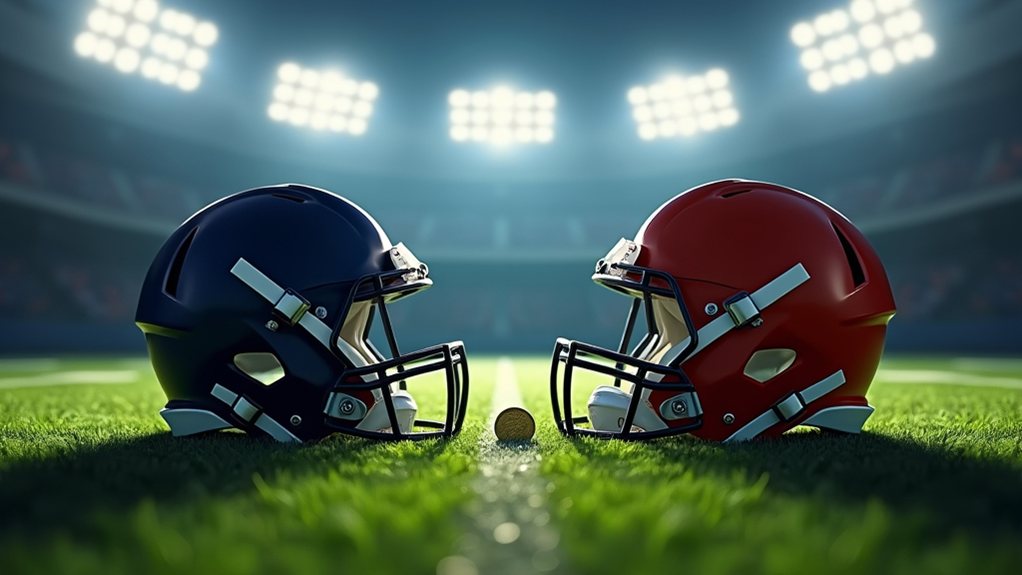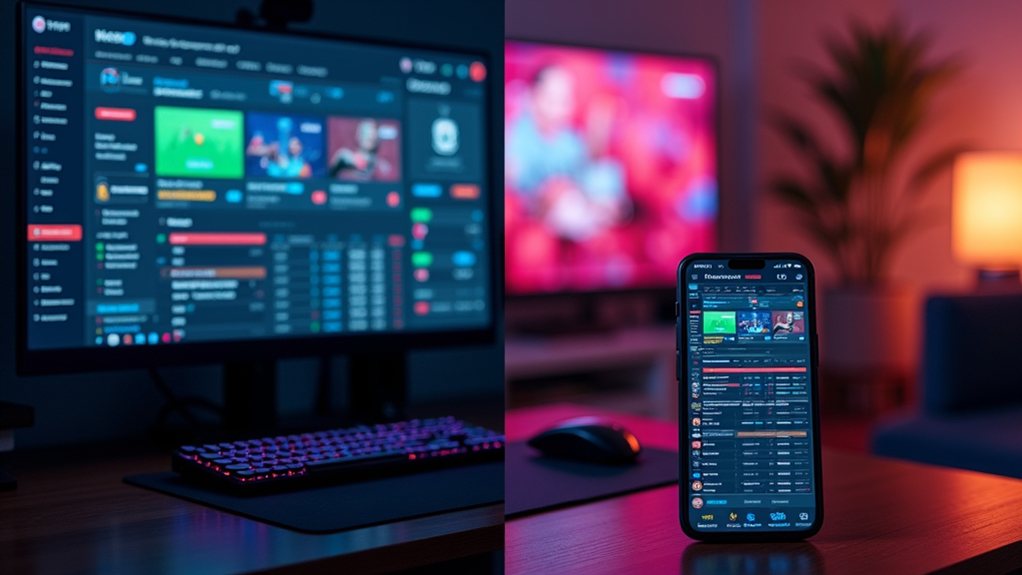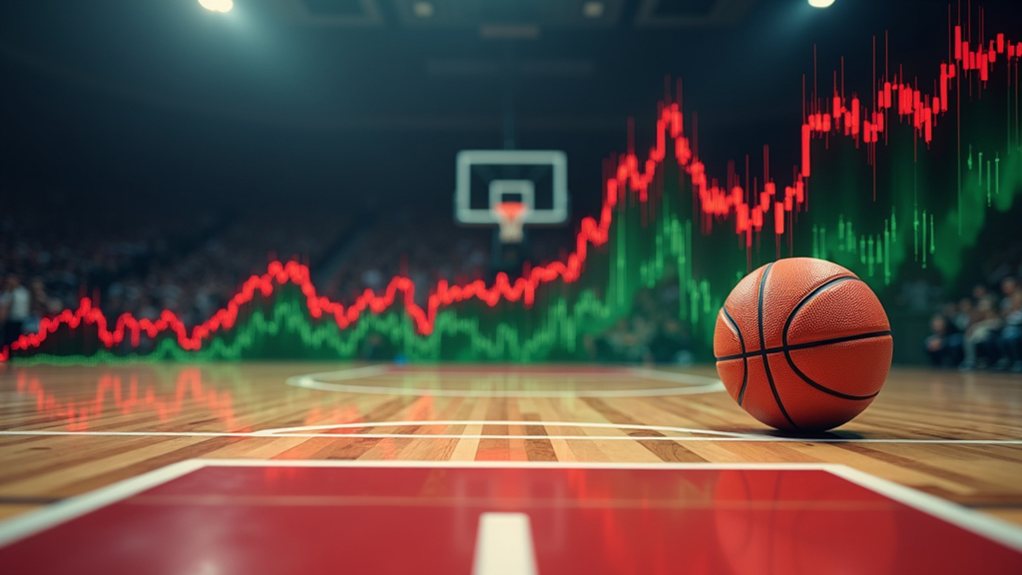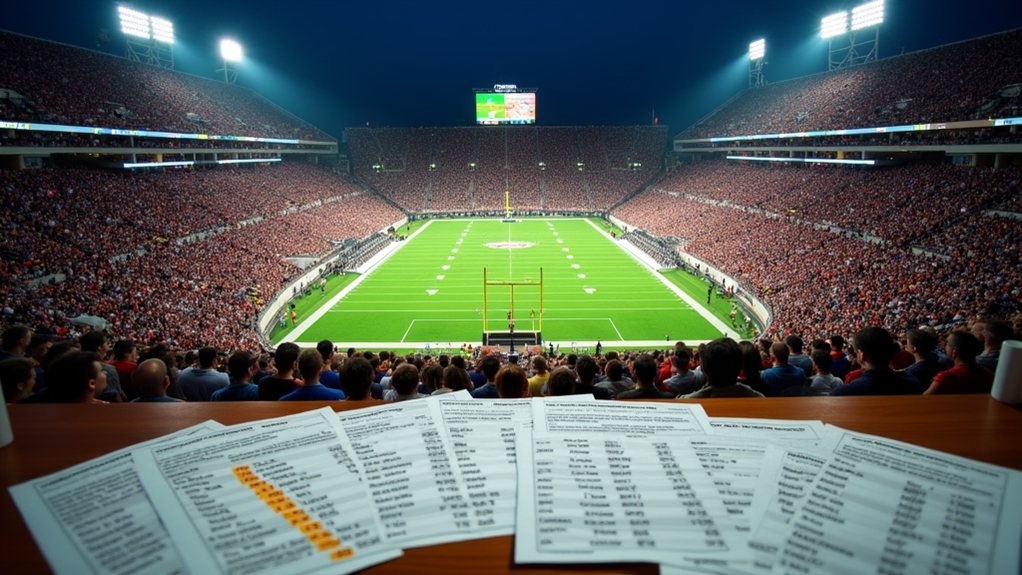Bettors often fall into the trap of confirmation bias when handicapping games. They lock onto statistics that support their picks while dismissing contradictory data points. This selective approach creates a false confidence similar to a gambler who only remembers wins, not losses. The Gold Standard for successful wagering requires examining both supporting and opposing evidence with equal scrutiny. Our fifth-decade expertise shows that confronting personal biases leads to more profitable outcomes. Don’t miss out on the complete analysis that follows.
The Psychology Behind Confirmation Bias
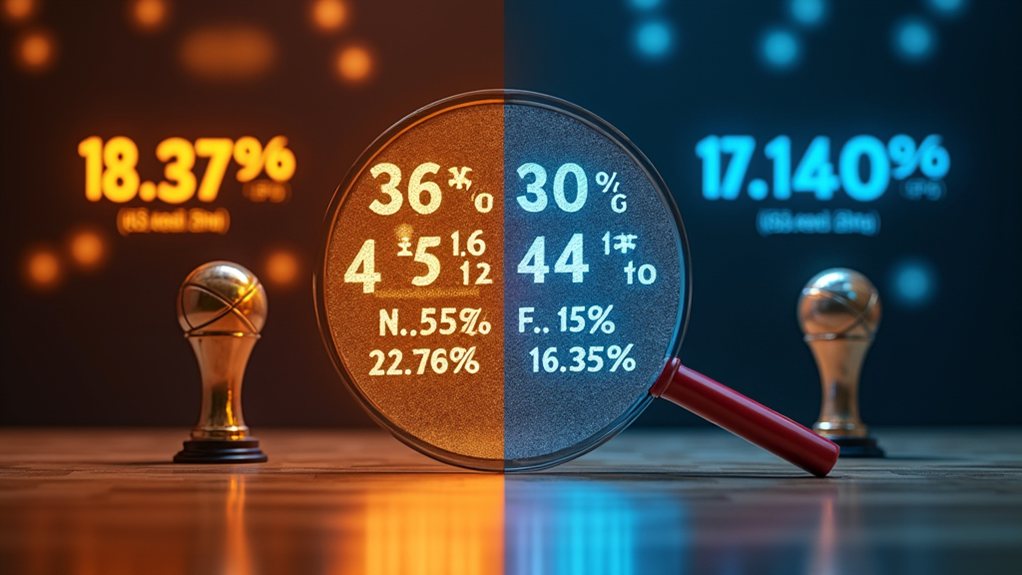
Confirmation bias operates through several powerful psychological mechanisms that influence how individuals process information. When people encounter new data, they naturally favor evidence that supports their existing beliefs while dismissing contradictory information.
The human mind instinctively filters reality, embracing what confirms while rejecting what challenges our existing worldview.
This selective approach stems from both cognitive limitations and emotional motivations. The brain’s tendency toward efficient processing leads to shortcuts like availability heuristics, where easily recalled information takes precedence. Studies demonstrate that individuals tend to seek information through one-sided questioning that elicits confirmatory responses rather than falsifying evidence.
Meanwhile, emotional factors like self-esteem protection and desire for group belonging drive motivated reasoning. People instinctively test hypotheses in ways that confirm rather than challenge their position – a gold standard technique for maintaining psychological comfort. Our natural tendency to use mental schemas helps us categorize information quickly but can reinforce existing biases.
Don’t miss out on understanding this fundamental aspect of human cognition!
How Confirmation Bias Shapes Our Daily Choices
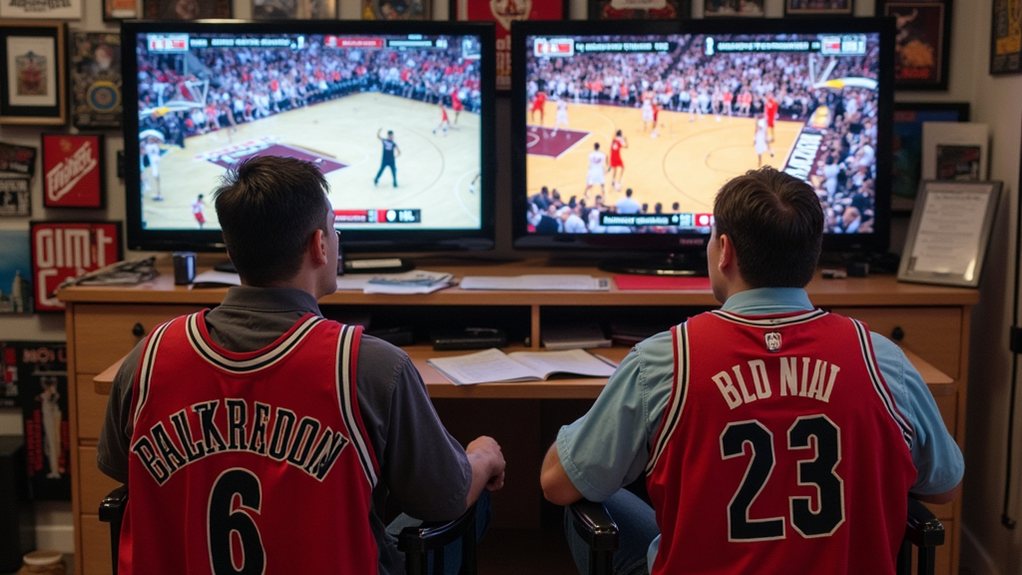
While we navigate through life’s daily decisions, our cognitive tendencies silently steer our choices in significant ways. Confirmation bias acts like a mental filter, showing us only what we want to see—creating blind spots in our decision-making process. This tendency is especially prominent in scientific research, where researchers may unconsciously interpret data to support their preexisting hypotheses rather than maintaining objectivity.
| Decision Area | Bias Impact | Real-World Cost |
|---|---|---|
| Relationships | Overlooking red flags | Emotional investment losses |
| Media Consumption | Creating echo chambers | Limited perspective |
| Health Choices | Ignoring contrary evidence | Physical wellbeing risks |
| Business Decisions | Misattributing causes | Financial consequences |
Our gold standard research shows that breaking free from these biases leads to better outcomes. Don’t miss out on making truly informed choices that align with reality rather than mere perception.
Breaking the Echo Chamber: Strategies to Combat Confirmation Bias
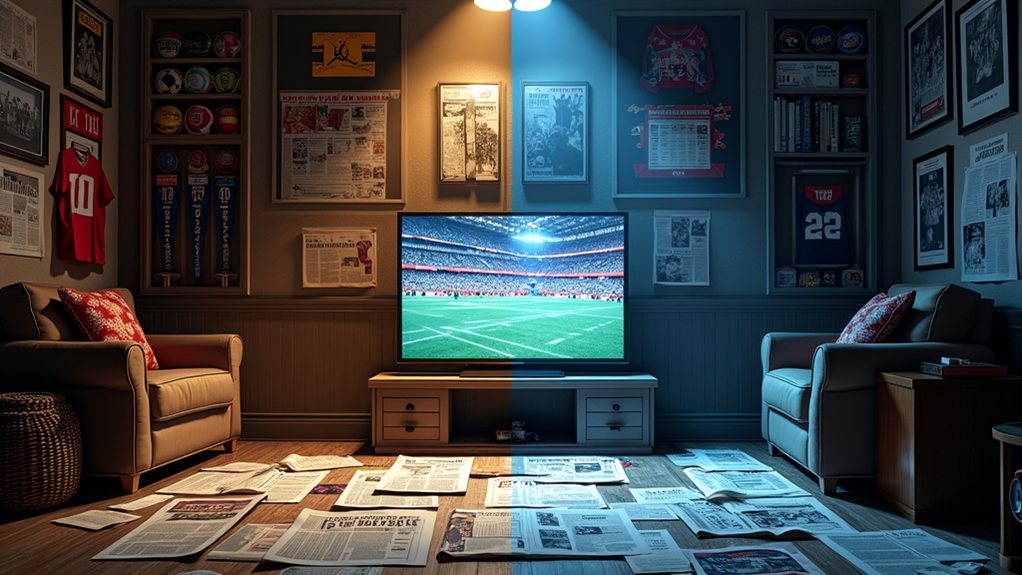
Breaking free from mental traps requires proven strategies that our gold standard research has validated across five decades of analysis.
Expanding information sources is like hedging your bets – our experts recommend consuming content from different platforms to escape echo chambers.
The smart play involves actively seeking opposing viewpoints, just as professional handicappers analyze both teams.
Our research shows that implementing the “consider-the-opposite” technique forces critical evaluation of all evidence.
Just as successful bettors often fade the public by going against popular consensus, you can develop stronger reasoning by challenging mainstream opinions.
Don’t Miss Out on mental clarity!
Mindfulness of social media algorithms gives you the edge in recognizing bias.
Our fifth decade of research confirms that fact-checking is your best defense.
Conducting regular belief audits helps identify outdated viewpoints you may be clinging to despite contradictory evidence.
When Confirmation Bias Goes Wrong: Real-World Consequences
The real-world consequences of confirmation bias represent a costly gamble that smart players can’t afford to ignore.
In business, Kodak’s collapse illustrates how confirmation bias can lead to massive losses when companies ignore market signals that contradict their established viewpoints.
In healthcare, diagnostic errors occur when doctors lock onto initial impressions, overlooking alternative explanations.
The justice system suffers when judges and jurors give more weight to evidence supporting their preliminary opinions.
Even personal relationships take hits when people selectively notice only traits that confirm their initial impressions of partners.
Don’t let confirmation bias drain your odds of success—recognize the warning signs before they impact your bottom line.
FAQs
Is Confirmation Bias More Prevalent in Certain Age Groups?
Research suggests confirmation bias exists across all ages but may manifest differently. Adolescents show more exploratory behavior, while older adults demonstrate stronger correspondence bias and higher need for cognitive closure.
Can Confirmation Bias Be Completely Eliminated?
Complete elimination of confirmation bias is virtually impossible due to its intrinsic connection to human cognition, though awareness and methodological approaches can greatly reduce its impact on decision-making.
How Does Confirmation Bias Differ Across Cultures?
Confirmation bias maintains consistent cognitive patterns across cultures, though its manifestation varies with contextual factors. Cultural nuances influence its degree, but the fundamental tendency to seek belief-confirming information remains a universal psychological phenomenon.
Are Some Personalities More Susceptible to Confirmation Bias?
Like moths drawn to familiar flames, individuals with high dogmatism, need for closure, and reduced cognitive flexibility become natural vessels for confirmation bias, their minds instinctively filtering reality to preserve cherished beliefs.
What Role Does Genetics Play in Confirmation Bias?
Genetics influences confirmation bias through dopaminergic gene variants that affect cognitive flexibility, striatal learning, and information processing. These hereditary predispositions interact with environmental factors, creating individual differences in bias susceptibility.
